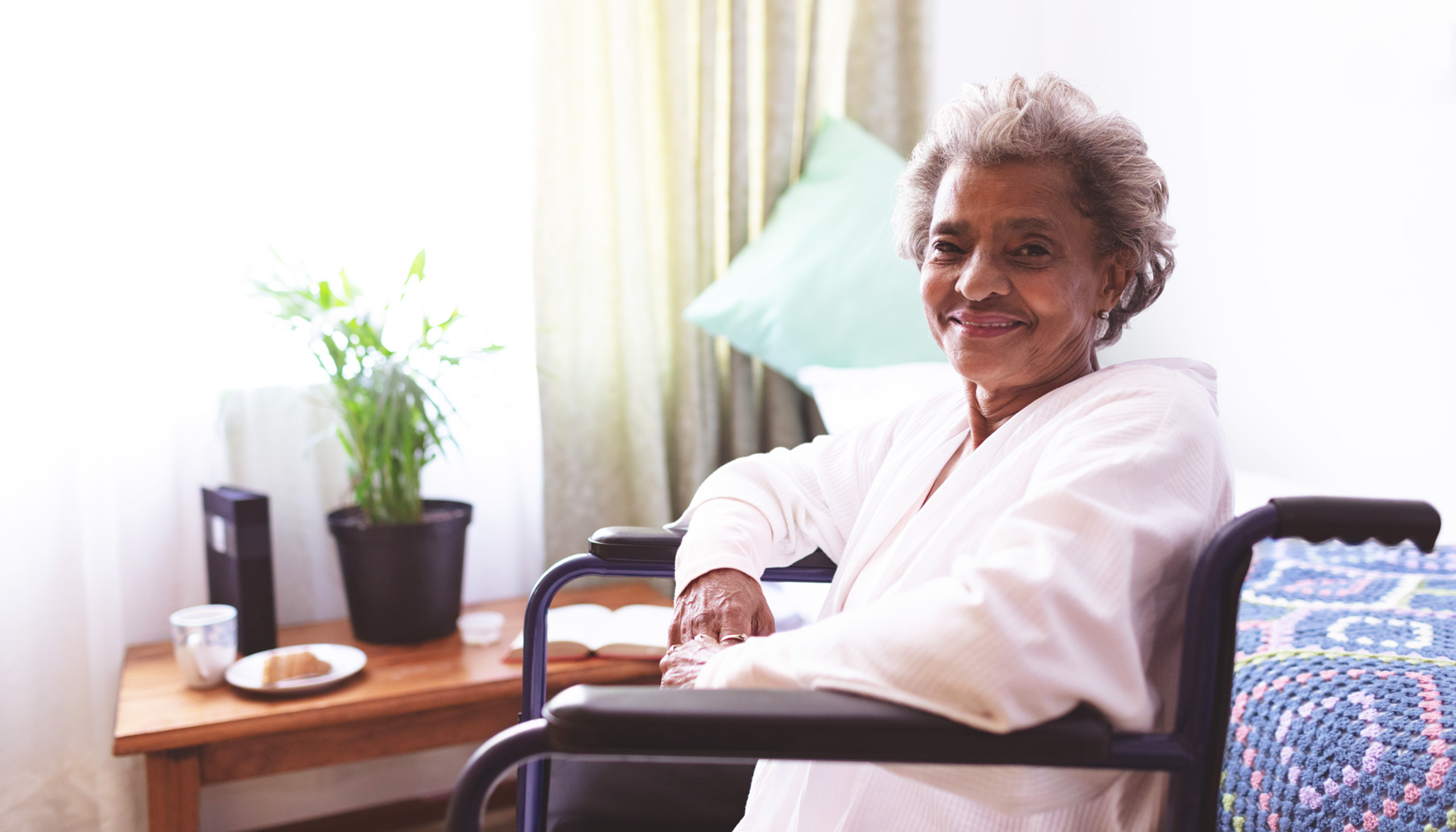

A spinal injury is characterised as damage to the spinal cord, this can be caused either by a traumatic injury, such as a car accident or severe fall, or a non-traumatic incident such as the result of an infection or disease. The spinal cord is connected closely to the brain, and is made up of nerves that transport messages from the brain to the rest of the body. These messages enable us to move our body, control functions such as breathing, bowel and bladder control and feel pressure and sensations on the skin. When the spinal cord is damaged, these messages are disrupted and communication between the brain and the rest of the body becomes disturbed. This results in a loss of movement and sensation from below the level of injury.
The duration and the severity of the loss of movement and sensation will depend on the type of injury sustained. If there is only partial damage to the spinal cord, some sensation and movement may return – this could take up to two years. However, if there is total damage of the spinal cord, the loss of certain bodily functions is likely to be permanent. Common ailments spinal injury patients may experience due to their paralysis include uncontrolled muscle spasms (and potential injuries as a result of this), pressure sores, hypothermia or hyperthermia because of the inability to sweat and sudden surges in blood pressure – which could increase the risk of a stroke. It is important to stress that the loss of movement and sensation in the body, and the difficulties that arise due to this, will vary from person to person, even those who have suffered spinal injuries in the same part of the body. Therefore, it is vital to secure support that is tailored to suit your particular needs.
Our Spinal Injury Care and Support
At Advance we know that living, or caring for a loved one, with a spinal injury can be a very stressful and overwhelming time. This is why our team members are there to minimise the disruption a spinal injury can cause by providing those affected with the support to cope, and manage the daily challenges living with a spinal injury can cause. We understand that everyone’s injury and experience is different, and we cater to each individual’s specific requirements. Our people centred approach allows our support assistants to deliver the right medical, emotional and physical support needed by their client in familiar surroundings, enabling them to come to terms with their injury and begin to rebuild as comfortable and independent a life as possible.
Our support assistants are specifically trained to deal with spinal injuries and provide the appropriate, quality care and support. They offer assistance ranging from help around the house and aiding social interaction to personal care. From household chores and meal preparation, to more sensitive issues such as catheter care and continence management, Advance are there to carry out all practical care aspects with compassion and discretion, whilst promoting dignity and comfort. This allows family and friends to spend more quality time with their loved one doing things they enjoy in the meantime.
As well as offering bespoke medical and practical support where necessary, our support assistants are there to provide emotional support, companionship and encouragement to the patient and their loved ones. Whilst they understand helping with household chores and the medical aspects of a spinal injury is vital, they also appreciate the confusion such an injury can cause – and are there to provide normality by chatting about shared likes, dislikes and hobbies. This is why we pair clients with support assistants who have a complementary personality, as well as possessing the relevant skill set. Our spinal injury care and support includes:
Deciding to let a support assistant into your home for you or a loved one can be difficult. We understand that each patient’s spinal injury is different, and therefore has differing care needs.
Deciding how best to. support and treat the resulting issues of a spinal injury is something that, understandably, worries people considering homecare for themselves or a loved one living with a spinal injury. Our experienced, friendly team members are here to explain all aspects of the spinal injury care and support services we offer, and provide quality, impartial advice and information.
Explore our care services.























